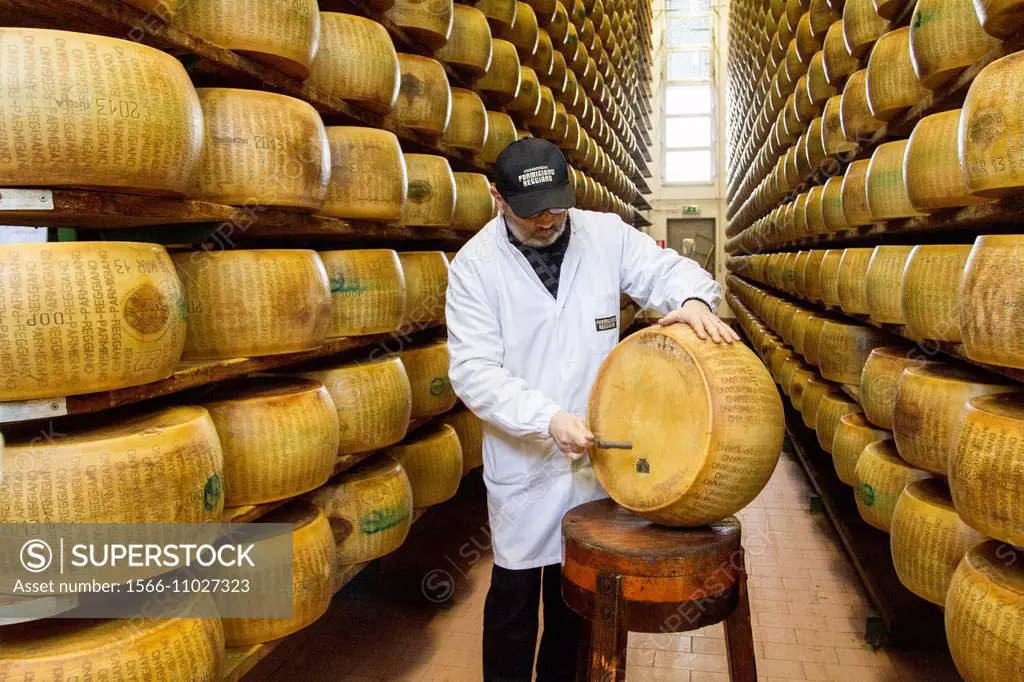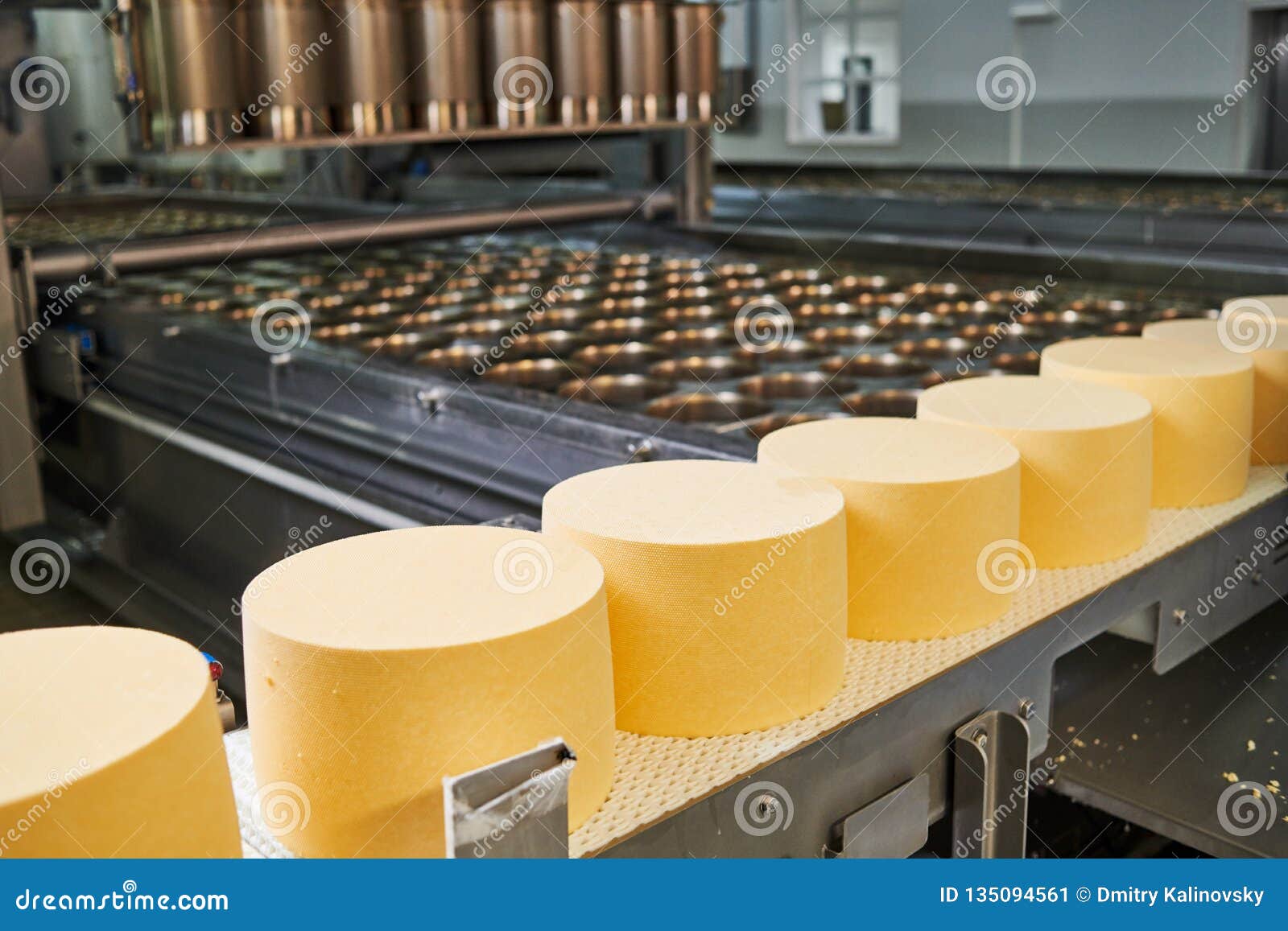Discover Your Fave Cheese at a Cheese Store Melbourne
Discover Your Fave Cheese at a Cheese Store Melbourne
Blog Article
A Thorough Look at Cheese Production: Components, Approaches, and the Future of Craftsmen Cheeses
The intricate process of cheese production is an interesting convergence of art and scientific research, where premium milk, rennet, and details microbial societies offer as foundational aspects. As the industry significantly prioritizes sustainability and transparency, the future of artisan cheeses guarantees to mirror both heritage and progression.
Key Active Ingredients in Cheese Production
A range of essential components play an essential function in cheese production, each contributing to the end product's flavor, structure, and personality. The primary ingredient in cheese is milk, which can come from numerous sources, including cows, goats, and lamb - cheese makers melbourne. The kind of milk used considerably influences celebrity's preference and consistency; as an example, cow's milk typically generates creamier cheeses, while goat's milk usually generates appetizing varieties
Another crucial active ingredient is rennet, an enzyme made use of to curdle the milk, separating it right into curds and whey. The source of rennet can be animal, veggie, or microbial, each passing on unique qualities to the cheese.
Salt not just improves the taste but also works as a preservative, inhibiting the growth of unwanted bacteria. Additionally, numerous flavoring agents, such as natural herbs, seasonings, or perhaps smoked wood, can be added to create unique artisanal cheeses. Together, these active ingredients form the foundation of cheese production, establishing the stage for varied and abundant cheese selections.
Traditional Cheese-Making Methods
Making use of standard cheese-making methods, craftsmens around the globe protect classic techniques that have actually been given with generations. These strategies frequently stress making use of high-quality, locally sourced milk, which is main to the distinct flavors and structures of artisanal cheeses. The procedure commonly begins with the cautious heating of milk, adhered to by the enhancement of cultures and rennet to assist in coagulation.
As soon as the curds form, they are reduced, permitting whey to drain, an important step that influences moisture content and texture. Salting is a vital element of this process, boosting taste while also acting as a chemical.
Aging, or affinage, is one more essential component, during which cheeses create their particular scents and tastes. Craftsmens may use particular maturing environments, utilizing humidity and temperature level controls to fine-tune the cheese's account. The dedication to these conventional approaches not just sustains regional economies yet also contributes to the rich diversity of cheese varieties found globally, commemorating cultural heritage and artisanal workmanship.
Modern Technologies in Cheese Production
Exactly how have technical improvements transformed cheese manufacturing in recent years? The assimilation of modern-day technology has revolutionized both the efficiency and top quality of cheese manufacturing.
Additionally, developments in microbiology have actually enabled cheesemakers to choose specific bacterial societies and enzymes, maximizing flavor accounts and enhancing shelf life. Using sensing unit modern technology for keeping track of fermentation problems has also become widespread, permitting real-time changes to maintain optimal settings for cheese aging.

These advancements not just boost the high quality and sustainability of cheese production but likewise equip craftsmen manufacturers to maintain typical flavors while embracing contemporary performance. As technology remains to develop, the future of cheese production looks promising, blending practice with innovation.
The Role of Terroir in Cheese
In the world of cheese production, terroir plays an essential role in defining the distinctive qualities of different cheeses. Terroir, a French term generally related to a glass of wine, encompasses the ecological aspects that affect farming items, consisting of dirt structure, environment, and local flora and fauna. In cheese-making, the distinct characteristics of the area where the milk is sourced can impart particular tastes and textures to the end product.
As an example, the grazing problems of dairy products pets dramatically affect the milk's composition, influenced by the sorts of turfs and herbs offered in a certain place. This differs not just between countries but also in between areas within the very same country. Additionally, the microbial communities present in the environment add to the fermentation procedures, bring about varied accounts in flavor and aroma.
Cheeses such as Roquefort, Parmigiano-Reggiano, and Cheddar exemplify just how terroir can form their identities, making them distinctive and often protected by geographical signs. As manufacturers progressively recognize the importance of terroir, there is an expanding focus on sourcing neighborhood components and keeping standard methods, guaranteeing that each cheese truly mirrors its beginning.

Future Trends in Artisan Cheeses
A remarkable shift is taking place in the artisan cheese field, driven by developing customer choices and technological improvements. Significantly, customers are inclining unique, top notch products that highlight both sustainability and neighborhood sourcing - cheese factory melbourne. This fad is prompting artisan cheesemakers to introduce, focusing on small-batch production and the usage of typical techniques while integrating contemporary innovation to enhance high quality and safety
Furthermore, there is an expanding passion in plant-based and different milk products, pressing traditional cheesemakers to discover brand-new opportunities, cheese factory melbourne such as cashew or almond-based cheeses. This change not just deals with nutritional constraints however additionally straightens with environmental issues concerning animal farming.
Furthermore, openness in sourcing and production processes is ending up being paramount. Customers are a lot more informed and need traceability, triggering producers to adopt more clear labeling methods and participate in storytelling that highlights their methods and worths.
Final Thought
Finally, the complex procedure of cheese production blends typical methods with contemporary developments, leading to a diverse array of flavors and textures. The focus on high-quality ingredients and the influence of terroir highlight the artistry associated with cheese production. As the industry advances, a concentrate on sustainability and transparency will likely shape the future of artisan cheeses, satisfying a significantly critical customer base that values authenticity and workmanship in milk products.
Report this page